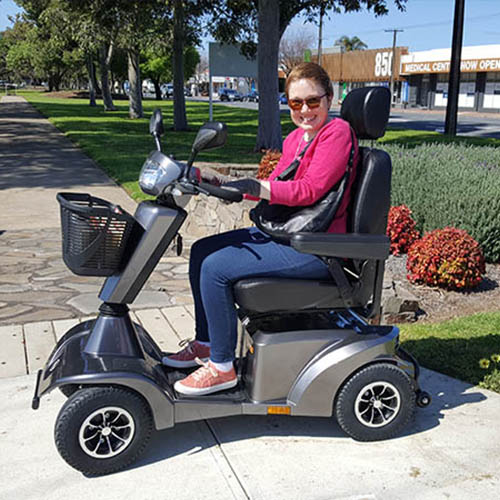Future Family Planning
DEBRA Australia’s vision is to have a world where no one suffers from the painful genetic skin condition Epidermolysis Bullosa (EB) and our mission is to ensure that people living with EB have access to the best quality support and medical care, whilst also driving the effective development of treatments and cure for EB.
DEBRA Australia is committed to supporting families with professional and appropriate health pathways for the formal diagnosis of EB and future family planning. We aim to offer access to genetic testing and IVF treatment to prevent future EB pregnancies for families who wish to access this support.
Individuals and families requiring advice about linking into this service or would like to receive more information on available resources, please contact our National Family Support Coordinator, Simone Baird at simone.baird@debra.org.au 0413 967 609 or your relevant EB nurse.
Family Support Application
Families living with EB can apply for support via the EB Family Support Program by completing this form. Each application is reviewed on a case by case basis and there is no guarantee that each application will be successful however if the program is not in a position to assist then our family support coordinator will aim to access support from external funding bodies. DEBRA Australia have funded over 300 applications each year to support families on a national basis. There is however a limit of funding for each type of support available. Please keep in mind that DEBRA is a not for profit volunteer organisation that does not receive any Government funding. If there are other avenues to source support via Government funding please use that as your first option.
- Medical Supplies
- Aids & Equipment
- Quality of life
- Support Services
- Transition to Independent Living
- Parent and Sibling Respite
- Counselling Services
To fill out the online application click here
To request a physical application form contact ebfamilysupport@debra.org.au.
For more information contact Simone Baird on 0413 967 609 or Sue McKenna on 0427 937 003.
Family Support Grants
Below is a list of potential grant opportunities that may be available for families, carers etc. that are impacted by EB. Families are encouraged to apply for these grants on their own accord. Please note: DEBRA Australia has no official association with these grants nor their respective organisations and any enquiries in regards to them should be made to the grant providers directly. All information on this page is correct at the time of publication.
Steve Waugh Foundation Grant
Grant rounds for 2024 are as follows:
Round 1: Opens 1 March and closes 31 March 2024
Round 2: Opens 1 June and closes 30 June 2024
Round 3: Opens 1 September and closes 30 September
Potential Grant Opportunity for Children and Young Adults Living With EB
The Steve Waugh Foundation has established a grants program for children and young adults (0 to 25 years) with recognised rare diseases. For eligibility purposes for this grant EB is recognised as a rare disease. Grant funding is made available to eligible applicants nationally for medicines, treatment therapies and equipment or items that improve the quality of life for the applicant and their family. Applicants seeking funding will be required to meet the stipulated eligibility criteria. Further information on how to apply for a grant is available via their website.

Tara’s story
A big thank you to the DEBRA Foundation, Kate Turner Fund and the Family Support Committee for helping me get a brand spanking new mobility scooter. My second-hand one was on the fritz and I had no hope of getting a replacement without a little help. Well, you guys gave me a LOT of help.
That scooter—I’ve named her Silver by the way—means freedom to me. I can get out the house, every single day if I want, and I don’t have to worry about hurting my feet. I don’t have a car so the scooter is how I run errands and do my shopping. But it’s so much more than a practical object, it’s become a part of my identity too—it’s how I connect with nature and community. Without it I’d be shut-in. Nothing makes me happier than getting out in the sunshine and fresh air to see what’s happening in the neighbourhood and see who’s about, and smell the flowers in bloom and the freshly cut grass, and smile at every stranger I see—heaven.
I’ve spent precious years seeing doctors and specialists and being on wait lists and filling in forms and gathering documents and speaking with legal aids and psychologists and politicians—exhausting. All done to access that precious government aid, such as the dressings scheme. It was a surprise, after all that, to receive such fast, generous and compassionate assistance from you all. Thank you so much.
